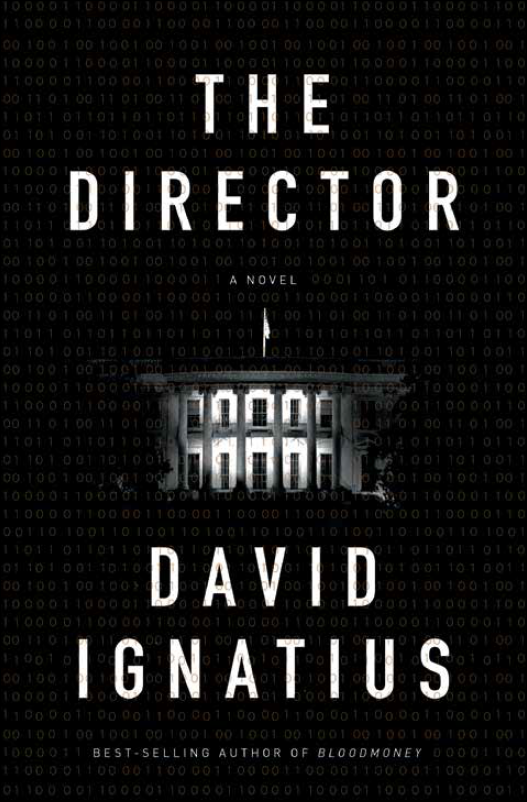
Graham Weber, successful businessman, is appointed by the President as the new Director of the CIA. Weber immediately gets embroiled in a tangled plot involving James Morris, the former hacker who runs the CIA’s Internet Operations Center. Morris has his own agenda. Weber finds he has to play an intelligence game as well as a political game. Ignatius captures the paranoia and deception of the spy services. My complaint is that Ignatius spends too much time on the details of hacking computer systems. A year from now, all of those protocols will be Ancient History. In this post-Snowden world, The Director shows the implications of a world without secrets. GRADE: B
George, I have his “Blood Money” but haven’t read either this or that yet. It’s nice to see that spy fiction, even in its new avatar, is thriving. By the way, I’m sorry I missed your previous posts, especially “Million Dollar Arm” which I want to see. It sounds a bit like “Outsourced” television series though the stories are very different.
My parents were both fans of his books but so far I haven’t read them.
Your comment about this dating echoes a comment Nick Hornby made after reading Michael Connelly’s THE POET (after also echoing my own comment about there being one too many “surprise” twists in the end): reading this book published in 1996 now looks as dated as a book written decades ago, the technology has changed that much. And Hornby reviewed it in 2005!
Prashant, we’ve missed your insightful comments! You’ll enjoy MILLION DOLLAR ARM. The scenes in India are great!
Jeff, writing about current technology and software–no matter how “cutting edge”–will seem quaint in just a few years. Ignatius has written better books.
It does seem as technology progresses, so use of it in fiction dates that fiction. I’m reading a book written in 1936 and there is so little technology that it could be today, except the people use no technology, other then automobiles, elevators, telephone calls and telegrams. It’s a relief from the ever-present social media monster that rolls across our present everyday lives.
I was never a big spy novel fan, though I did read a few. This kind of novel kind of makes me uncomfortable. I’d rather be in a country house, having tea on the lawn, thank you.
Rick, I like tea on the lawn, too (but I would prefer coffee). Too many spy novels have gone the “techno-thriller” route. Like you, I’m a traditionalist. Nothing dates a story more than obsolete technology.